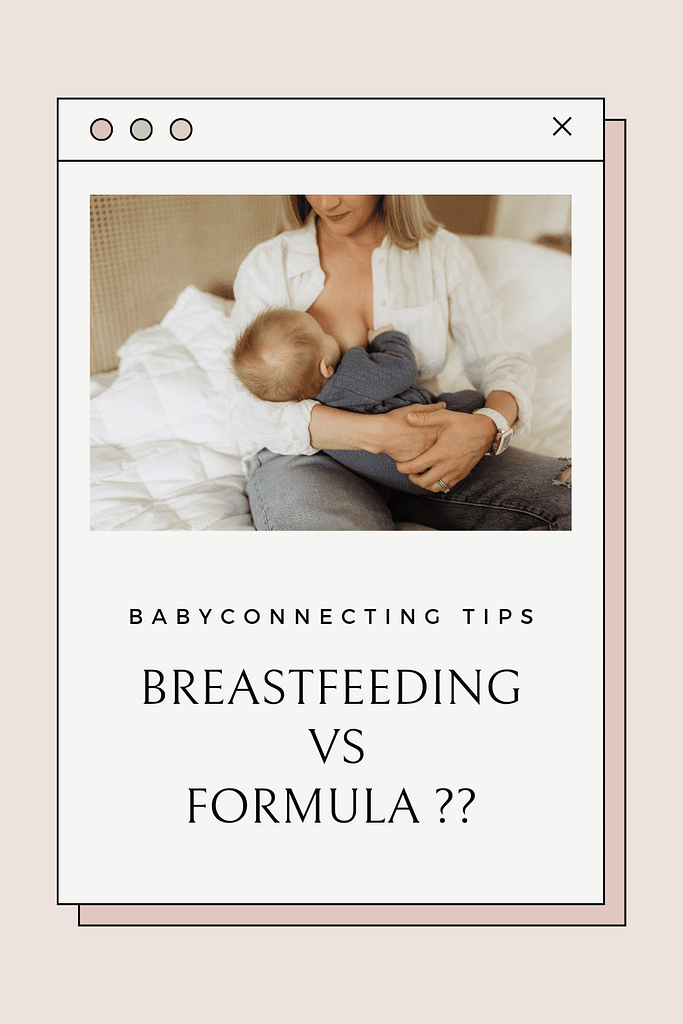Flaxseeds and Breastfeeding: Safety, Benefits, and Precautions
Breastfeeding mothers are often on the lookout for nutritious foods that can support their own health as well as their baby’s development. Flaxseeds, tiny powerhouses of nutrients, are often touted for their health benefits. However, when it comes to breastfeeding, it’s important to understand both the benefits and the precautions associated with flaxseed consumption. This comprehensive guide explores everything breastfeeding mothers need to know about flaxseeds.
What are Flaxseeds?
Flaxseeds, also known as linseeds, are small, brown or golden seeds that have been consumed for their health benefits for thousands of years. They are rich in essential nutrients, including omega-3 fatty acids, fiber, protein, and various vitamins and minerals. Flaxseeds can be consumed whole, ground, or as flaxseed oil, each form offering different health benefits.
Nutritional Profile of Flaxseeds
Flaxseeds are highly nutritious and packed with:
– Omega-3 Fatty Acids: Particularly alpha-linolenic acid (ALA), which is essential for brain development and has anti-inflammatory properties.
– Fiber: Both soluble and insoluble fiber that aids in digestion and promotes gut health.
– Lignans: Phytoestrogens with antioxidant properties that help balance hormones.
– Protein: Plant-based protein that supports muscle health and overall growth.
– Vitamins and Minerals: Magnesium, manganese, vitamin B1 (thiamine), and selenium, which are crucial for various body functions.
Benefits of Flaxseeds for Breastfeeding Mothers
1. Rich in Omega-3 Fatty Acids
Omega-3 fatty acids are vital for infant brain development. While breastfeeding, the nutrients consumed by the mother are passed to the baby through breast milk. ALA from flaxseeds can help support your baby’s cognitive development and visual acuity.
2. Supports Digestive Health
The high fiber content in flaxseeds helps prevent constipation, a common issue during the postpartum period. By promoting healthy digestion, flaxseeds can help maintain gut health for both mother and baby.
3. Hormonal Balance
Flaxseeds contain lignans, which are natural phytoestrogens. These compounds can help balance estrogen levels in the body, potentially supporting lactation and reducing postpartum hormonal fluctuations.
4. Anti-Inflammatory Properties
The ALA in flaxseeds has anti-inflammatory effects, which can help reduce inflammation in the body, a common issue for new mothers recovering from childbirth.
5. Boosts Energy and Overall Health
Flaxseeds are a good source of B vitamins, magnesium, and protein, which are essential for maintaining energy levels, reducing fatigue, and supporting overall health during the demanding breastfeeding period.
6. Antioxidant Properties
The antioxidants in flaxseeds can help combat oxidative stress, which is particularly beneficial during the postpartum recovery period.
Safety and Precautions When Consuming Flaxseeds During Breastfeeding
While flaxseeds offer numerous benefits, there are some important precautions to keep in mind:
1. Consume in Moderation
Moderation is key when adding flaxseeds to your diet. It’s generally safe to consume 1-2 tablespoons of ground flaxseeds per day. Excessive intake might lead to digestive discomfort, such as bloating, gas, or diarrhea, which can affect both the mother and the baby.
2. Start Small and Monitor Reactions
It’s important to start with small amounts of flaxseeds, especially if they’re new to your diet. Monitor for any signs of allergic reactions, such as rashes, itching, or digestive issues in both you and your baby.
3. Ground vs. Whole Flaxseeds
Ground flaxseeds are recommended over whole flaxseeds because they are easier to digest and provide better nutrient absorption. Whole flaxseeds can pass through the digestive system undigested, which reduces their nutritional benefits.
4. Hydration is Essential
Since flaxseeds are high in fiber, it’s important to drink plenty of water to prevent constipation and ensure smooth digestion. Adequate hydration is essential to maximize the benefits of flaxseeds without causing gastrointestinal discomfort.
5. Potential Allergies and Sensitivities
Although flaxseed allergies are rare, some people might experience allergic reactions. Symptoms can include nausea, vomiting, or other digestive disturbances. If you or your baby shows any signs of an allergic reaction, discontinue use immediately and consult a healthcare provider.
6. Possible Interactions with Medications
Flaxseeds might interact with certain medications, especially those affecting hormones or blood-thinning medications. If you are on any medication, particularly hormone replacement therapy, blood thinners, or medications for diabetes, it’s important to consult your healthcare provider before adding flaxseeds to your diet.
7. Storage and Freshness
Flaxseeds are prone to oxidation due to their high fat content, which can lead to rancidity. Always store flaxseeds in an airtight container in the refrigerator or freezer to maintain their freshness. Rancid flaxseeds can have a bitter taste and an unpleasant smell, and consuming them can cause digestive upset.
8. Avoid Flaxseed Oil in Excessive Amounts
Flaxseed oil is a concentrated source of ALA, but it lacks fiber and lignans present in the whole or ground seeds. Use flaxseed oil sparingly, and be aware that it is more prone to rancidity than whole seeds.
How to Incorporate Flaxseeds into Your Diet
If you decide to include flaxseeds in your diet while breastfeeding, here are some easy ways to add them to your meals:
– Smoothies: Add a tablespoon of ground flaxseeds to your morning smoothie for a boost of fiber and omega-3s.
– Oatmeal or Yogurt: Sprinkle ground flaxseeds on your oatmeal, yogurt, or cereal.
– Baked Goods: Incorporate ground flaxseeds into baked goods like muffins, pancakes, or bread.
– Salads and Soups: Use flaxseed oil as a salad dressing base or drizzle it over soups for an extra nutritional punch.
Conclusion
Flaxseeds can be a beneficial addition to the diet of breastfeeding mothers, providing essential nutrients that support both maternal health and infant development. However, it’s important to consume them in moderation, monitor for any adverse reactions, and consult with a healthcare provider if you have any concerns, especially if you’re on medication. By understanding both the benefits and precautions, you can safely enjoy the nutritional advantages of flaxseeds during your breastfeeding journey.
